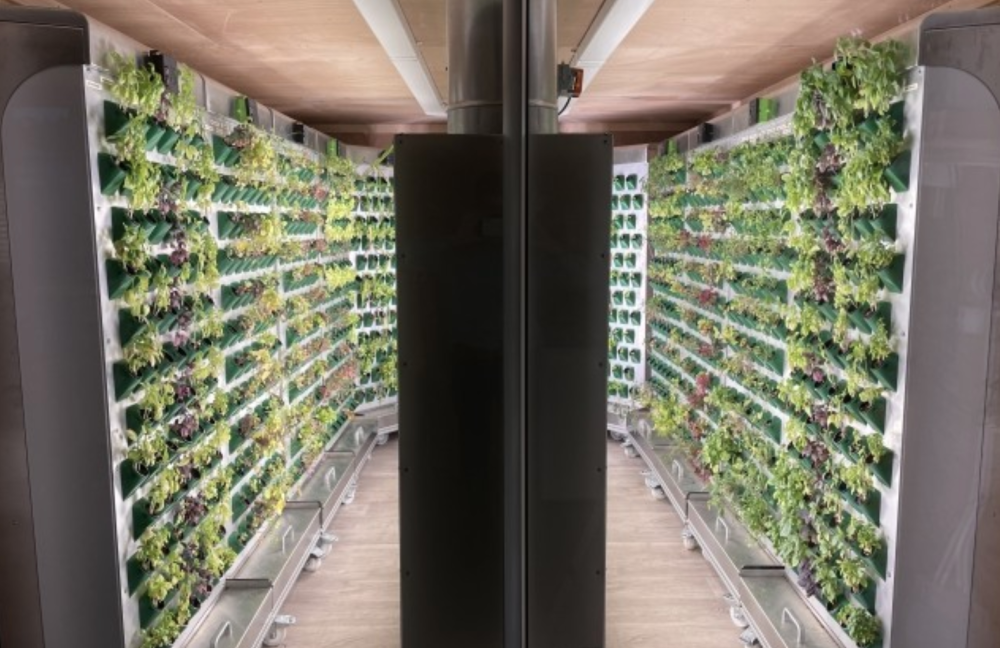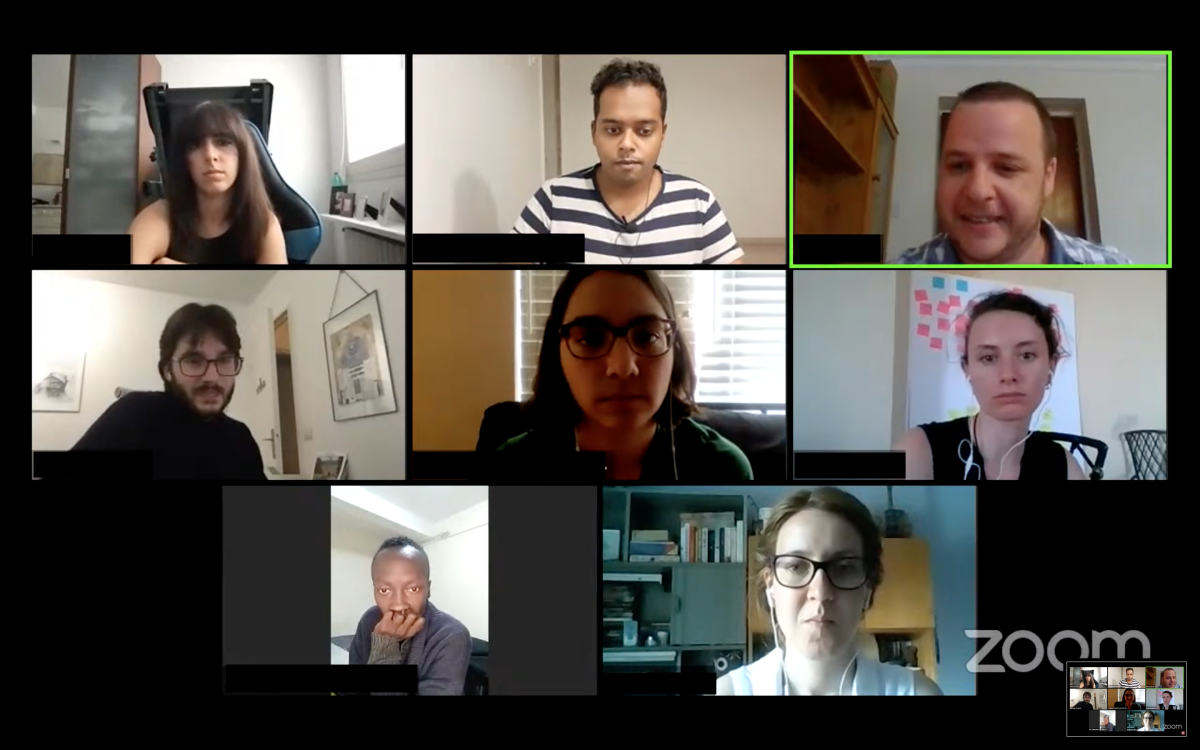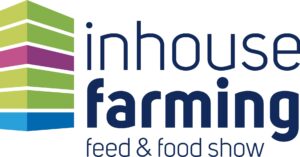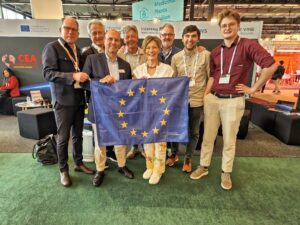On July 14th, FarmTech Society (FTS) presented and moderated the “Beyond Yield in Vertical Farming” webinar, with Romain Schmitt (Farm3) as the guest speaker. Mark Horler, FTS’ communication manager, led the discussion forwarding challenging questions from an active and sharp audience.
This webinar is part of the program “Food & Climate Shapers Digital Bootcamp”, co-created and organized by the Food and Agriculture Organization (FAO) and the Future Food Institute (FFI). This series of e-learning courses and meetings is designed to transfer knowledge, skills, and competencies to strengthen the capacities of the food system professionals.
Romain Schmitt is a French CEA (controlled-environment agriculture) entrepreneur, founder and CEO of Farm3 (pronounced “farm cube”). Farm3 is delivering modular, robotized, ultraBIOponic high-yield farms, as well as consumables and a SAAS enabled library of plant software, targeting large wholesalers and research institutions.
Farm3 started when I realized that I could nowhere find the same taste in tomatoes like my grandfather’s
Romain Schmitt Tweet

It all started when he came to the realization that conventional farming had impoverished food—nowhere could he find the same taste in tomatoes as the ones from his grandfather which he experienced growing up.
So, he started working on the technology that he found the best for nutrient control in CEA: aeroponics. But he took it to the next level by developing a technology that generates nutrient-rich mist, without the use of high-pressure but instead by means of ultrasound.
Two years and half later, he has become an experienced CEA grower and provider of software and hardware for the industry. His invention, “The Cube,” is a 15m2 indoor farm that can host up to 5,000 plants. Plants are hung on the walls, while a central tower emits light from LED. The heating of the tower is also used for germination, as small drawers containing seeds are integrated into it. This indoor environment—the size of a shed—is endowed with over 30 sensors, as well as A.I. controlled systems to collect data and automate the growth process.
With all the data collected, Romain has come up with “growth recipes”: the right combination of nutritive and climatic parameters for each plant breed. These guarantees crop quality and yield all year round, regardless of the CEA unit’s location.
The Digital Bootcamp students were shown, through Farm3’s great example, how CEA can foster resource-efficiency and food security, in an increasingly volatile climate. Beyond that, it is also about reclaiming our food back, as more and more CEA growers start using endemic seeds, that have preserved their genetic diversity and nutritive richness.







